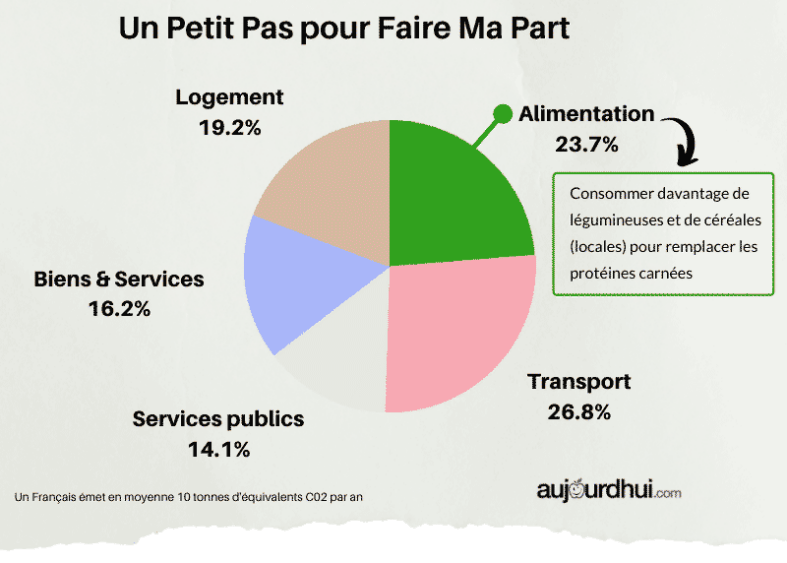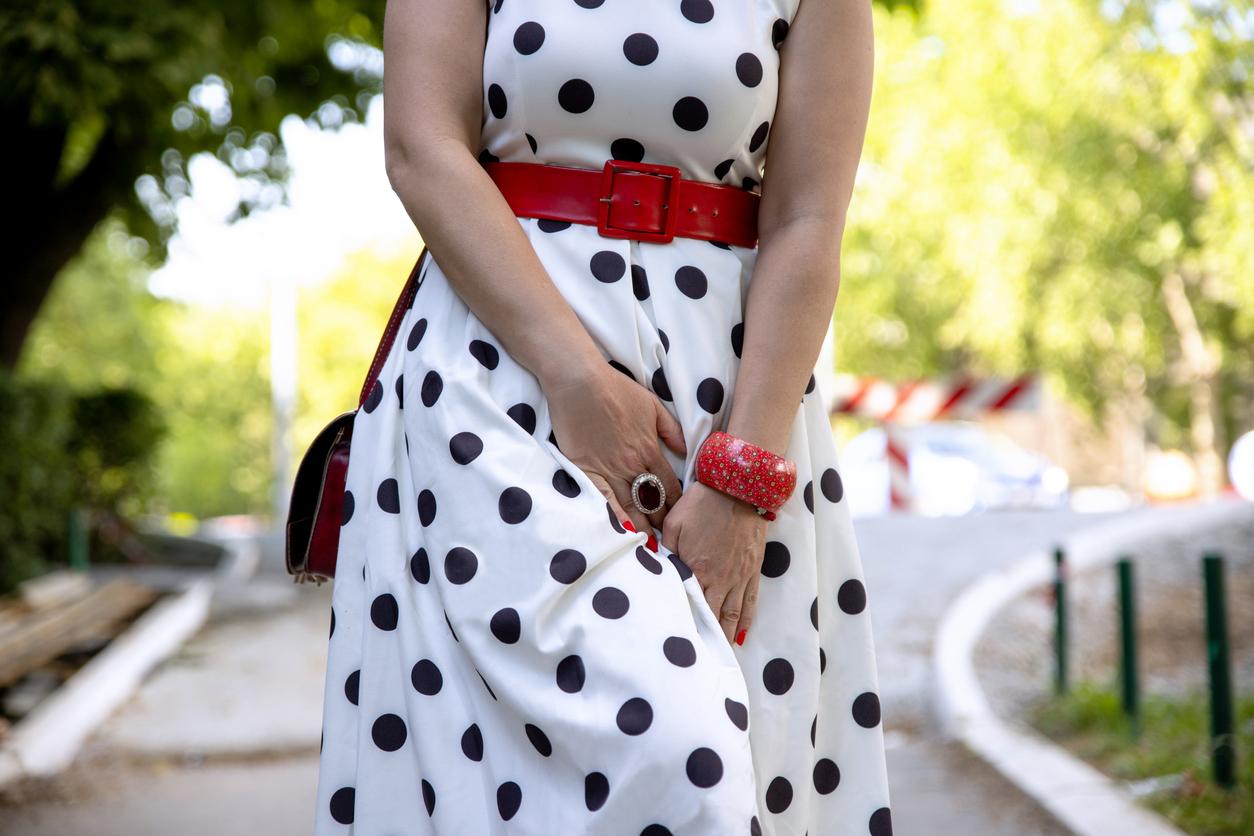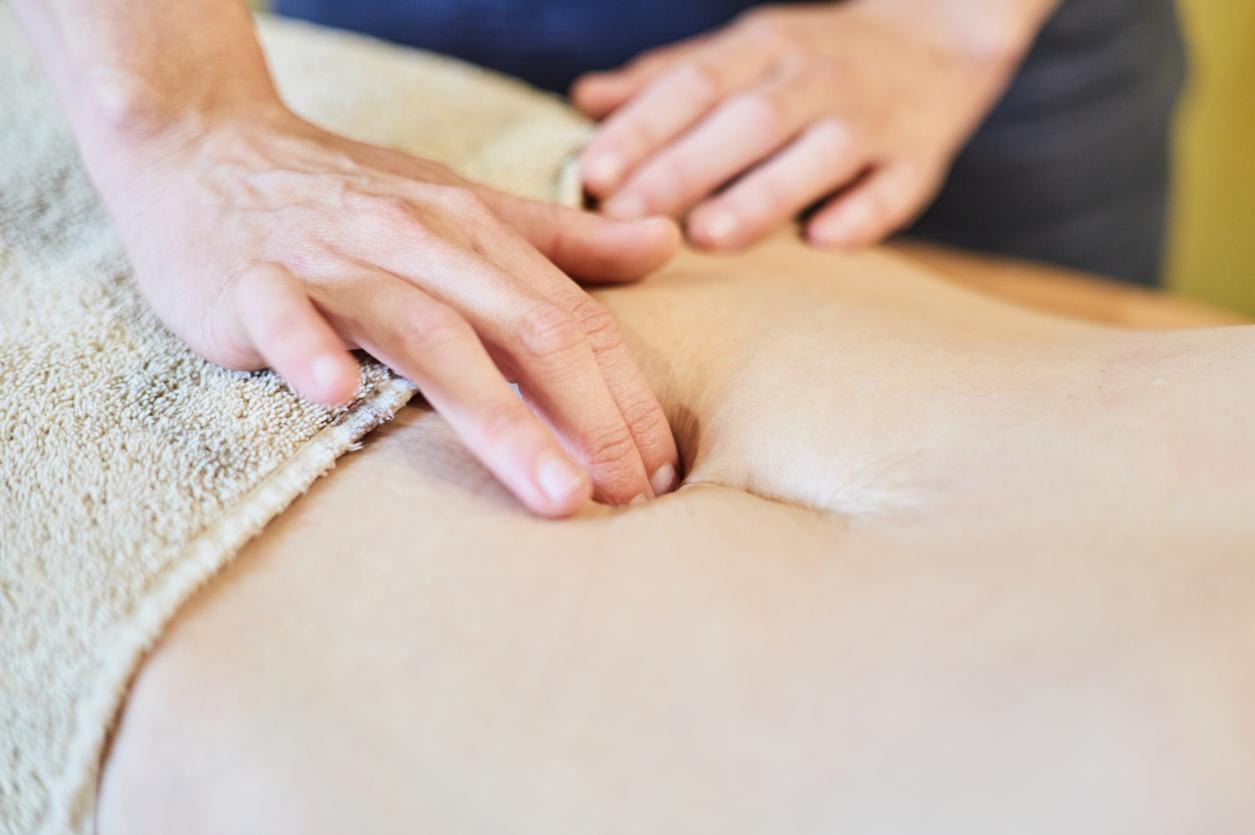Repeated yeast infection, that’s what Aurélie thought she was suffering from. “I couldn’t stand tight clothes anymore, train travel was a torture, at home I walked in jogging and without panties. Not only was I handicapped by severe itching, but I felt like my vulva was lacerated. Even the intimate caresses were torture. ” Aurélie is regularly prescribed antifungals. The pain does not go away. Would the diagnosis be wrong? The young woman begins to have doubts. “Five times, I did analyzes, five times the laboratory confirmed to me that there was no mycosis. “
The causes of intimate irritations
Intimate irritations can have multiple origins: yeast infection, excessive personal hygiene, bacterial infection, herpes, dermatological disease (psoriasis, lichen, eczema, etc.). But they can also come from a vulvodynia, a disease with mysterious causes which manifests itself in chronic sensations of discomfort, tingling or even burning. The patient suffers martyrdom and, however, the doctor does not find any particular lesion on examination, as our witness relates.
How to treat vulvodynia?
If the diagnosis of vulvodynia is confirmed, management requires several steps.
- “The doctor will look for a neurological cause”, explains Prof. Patrice Lopès. In particular, there may be compression of the pudendal nerve. To confirm this diagnosis, the doctor performs a xylocaine test: he infiltrates the nerve with this anesthetic, and if the pain stops, then it was indeed the cause! The solution is then to perform surgery to decompress the nerve.
- If the nerve is not involved and the patient is postmenopausal, the doctor looks for SGUM, urogenital syndrome of menopause characterized by urinary disorders (cystitis, leaks, etc.) and genital discomfort. The solution then most often involves hormonal supplementation.
- Hypersensitivity syndrome is also possible. Has the patient suffered from an infection in the past resulting in acute pain, which may have been “memorized” by the nervous system?
In this case, it will be necessary to “deprogram” this pain using psycho-behavioral therapy (hypnosis, CBT …) in association with an active treatment on neuropathies (antidepressants or antiepileptics at low dose). Other approaches can be associated: perineal rehabilitation, transvaginal electrical stimulation, etc.
This multidisciplinary care (doctor, shrink, physiotherapist …) generally overcomes vulvodynia. “Today, I am cured but I remain sensitive”, confides Aurélie, who has created an association * (see their site) to raise awareness of vulvodynia and other conditions that can affect your sex life.
Our expert: Prof. Patrice Lopès, former head of the obstetrical gynecology department at the Nantes University Hospital, president of GEMVI (Grouping for the study of menopause and hormonal aging)
Read also
Perineum: how to take care of it on a daily basis
Intimate irritations: simple steps to relieve them


















